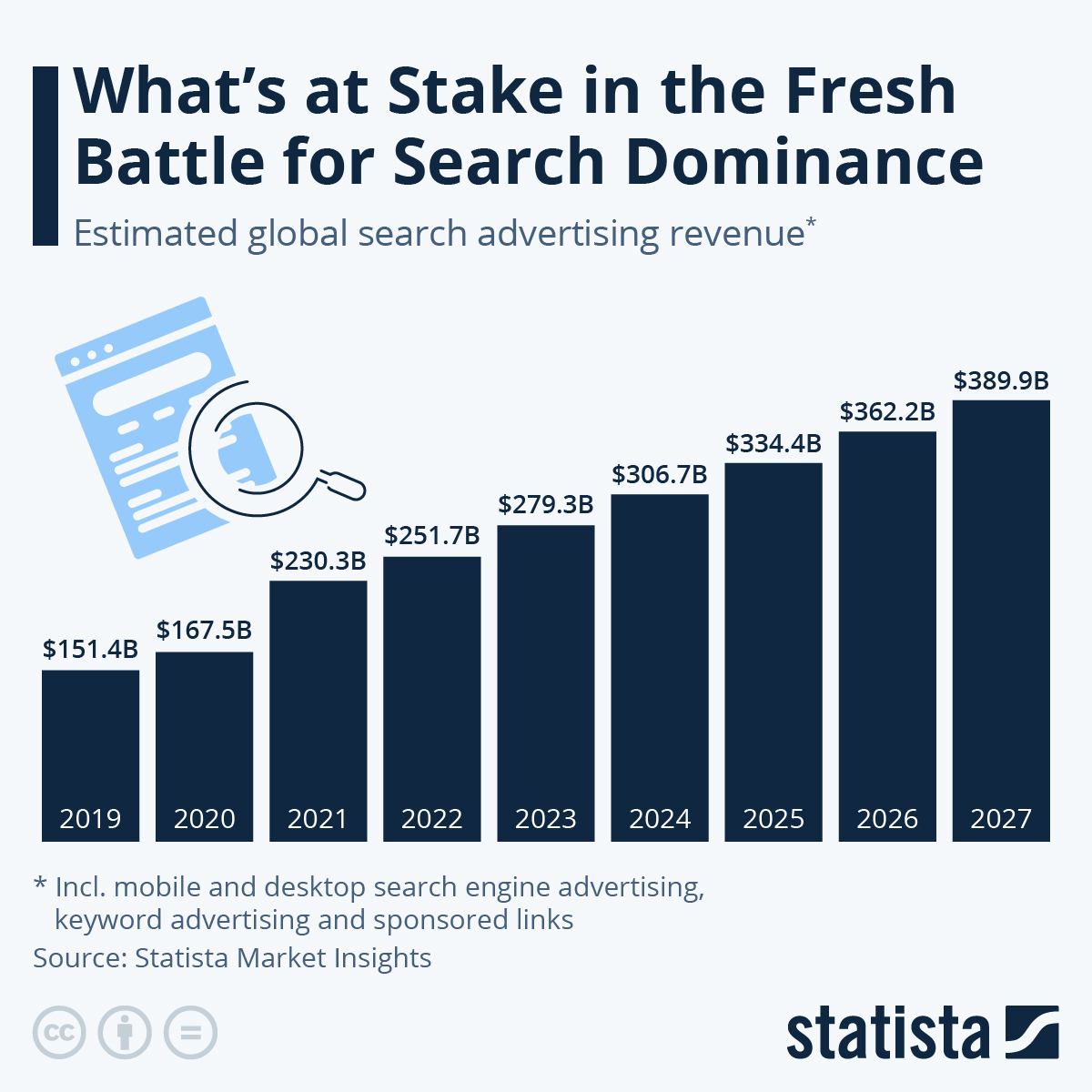ChatGPT is taking the world by storm. But the verdict is still out on what it is capable of and the extent of its uses across different industries. In your case, ChatGPT might just be one of the most powerful timesavers ever invented, especially when it comes to SEO for real estate marketing – if it’s used in the right way.
On today’s Real Estate Podcast, from The Tom Ferry Podcast Experience, Jason Pantana is talking with ChatGPT & SEO expert Dennis Yu about harnessing this tool to boost your presence, enhance your content, and avoid the common pitfalls that agents are making. They’re going to answer some of the most asked questions such as: Is it possible for ChatGPT to replace search engines? What is the best way to use ChatGPT for real estate? How can you use ChatGPT for SEO? Is there any danger when it comes to using ChatGPT?
If you’re doing SEO for real estate marketing and are considering using ChatGPT to enhance it, this is an episode you absolutely can’t afford to miss.

